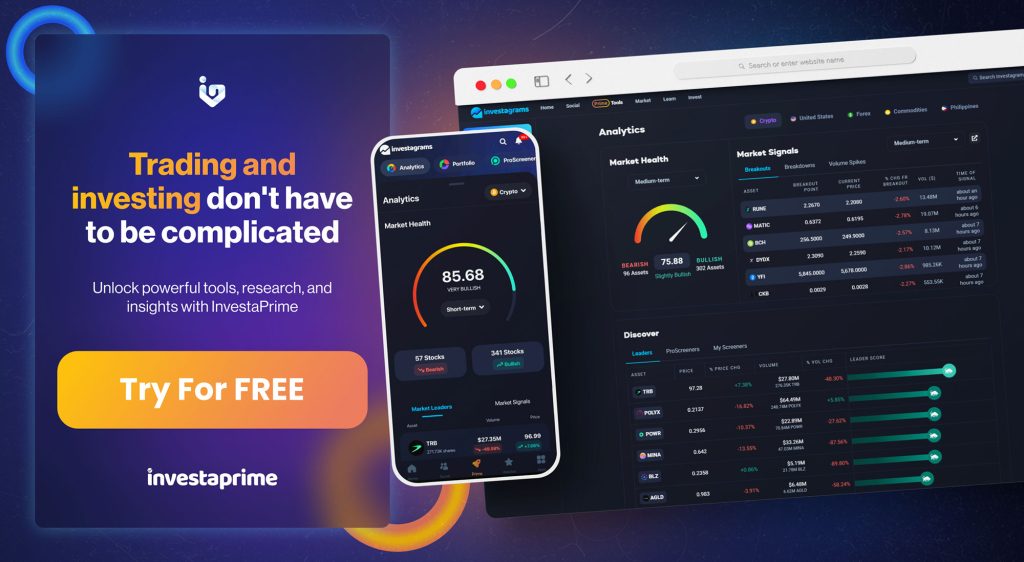If you are an investor, you might be wondering how reading the news can help you improve your portfolio. After all, there are so many sources of information out there, and not all of them are reliable or relevant. How do you filter out the noise? Even moreso, how should it affect your decisions?
Let’s dive into the topic!
The Benefits of Reading the News
Reading the news can help you understand the current state of the market. It lets you identify the sentiment of other investors. This can help you know the opportunities and risks, and adjust your portfolio accordingly. For example, anytime geopolitical tensions arise, assets related to energy and oil usually rally as supply chains are cut off.
Learning about new industries and technologies
Reading the news can help you discover new and emerging sectors and innovations that might have a huge impact on the future. This can help you diversify your portfolio and invest in companies that have a competitive edge or a disruptive potential. For example, if you read that electric vehicles are becoming more popular and affordable, you might want to invest in companies that produce batteries, charging stations, or software for them.
Staying informed about the companies you invest in
Reading the news can help you monitor the performance, strategy, and reputation of the companies you own shares in. This can help you evaluate their strengths and weaknesses, and decide whether to buy, hold, or sell them. For example, if you read that a company you invested in has reported strong earnings, launched a new product, or received a positive review, you might want to increase your stake or hold on to it.
How to Read the News Effectively
Reading the news can be beneficial for your portfolio, but only if you do it right. You always have to remember to choose reliable and reputable sources. Not all news outlets are created equal. Some are more credible, accurate, and unbiased than others. You should look for sources that have a good reputation, a high journalistic standard, and a clear editorial policy. You should also avoid sources that are sensationalist, biased, or misleading. For example, you might want to read news from sources like The Wall Street Journal, Bloomberg, or Reuters.
Read From Multiple Perspectives
No single source can cover everything or provide the whole truth. You should read news from different sources, viewpoints, and angles to get a more balanced and comprehensive picture of the situation. You should also be aware of your own biases and assumptions, and challenge them with contrary evidence or opinions. For example, you might want to read news from sources that are conservative, liberal, and moderate, and from sources that are local, national, and international.
Read critically and analytically
Not everything you read in the news is relevant, important, or accurate. You should read news with a critical and analytical eye. Always remember that more often than not, smart money “sells the news.” News headlines will always be lagging – meaning what is reported has already been priced in. What you should pay attention to is what the second and third order effects of the news will be. Once you gain accustomed to patterns that exist in the markets and in the economy, you’ll be able to have a good gauge of how developments affect the movements of prices.
Conclusion
Reading the news can help you improve your portfolio, but only if you do it wisely. You should read news from reliable and reputable sources, from multiple perspectives, and critically and analytically. By doing so, you can keep up with the market trends, learn about new industries and technologies, and stay informed about the companies you invest in. This can help you make better investment decisions and achieve your financial goals.

